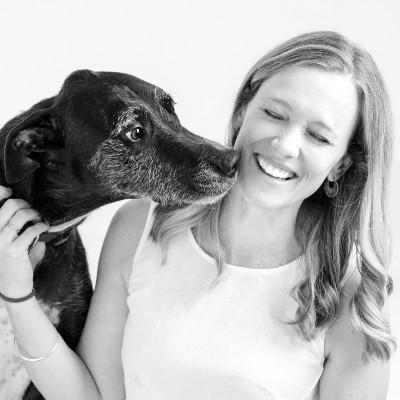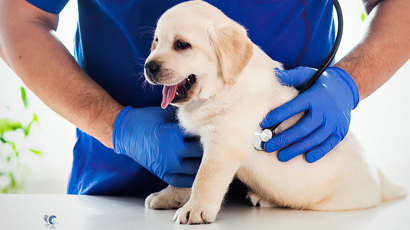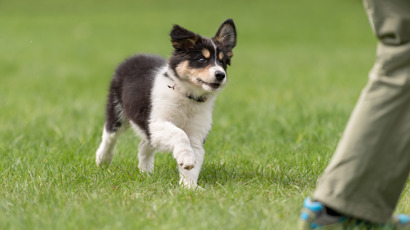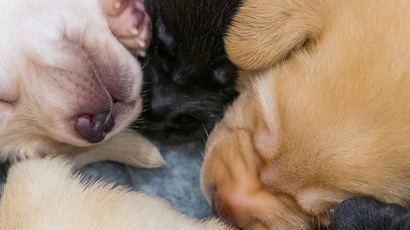Advice for staying at home with pets during COVID-19

The world is in the grip of the COVID-19 pandemic. For humans, this means restrictions on movement and activities. But what does this pandemic mean for our pets?
Keep a Regular Routine with Pets
Just as your routine has changed, so too have those of your pets. You could be home more, you might be stressed or on edge. Animals can be stressed by changes in routine too, so it is vital to keep as close as you can to your regular routines.Some anxious dogs and cats may find the extra noise and people continuously at home stressful. Make sure that your animals have places to retreat to if needed, while still having water, litter trays and food easily accessible.
Exercising with Pets during COVID
Dogs can still be walked; however, the advice is stick to your local area. Do not allow your dog to come into close contact with other people or dogs, so avoid dog parks.
A daily walk around the local streets will be good – physically and mentally, for both you and your dog.
If you are keen to start a new exercise regime with your dog as a way for you both to get out of the house, ensure your pet is up to it and increase intensity slowly, allowing their fitness to increase as yours does. Keep in mind your pet’s age and any sore/arthritic joints which could make an activity like this unpleasant for them.
Normal hygiene, grooming and feeding is key
Your pet’s health needs do not stop because of a pandemic. They still require daily feeding, access to fresh clean water, exercise and mental stimulation. You may find a few of the following tips useful for you both as you settle into your new normal:
- Grooming
- Can be a way to bond and relieve stress for you both
- Feeding
- Where routine is key. Try to stick to your usual feeding routines and avoid too many high calorie snacks. If you cannot get food supplies personally, you can still order Black Hawk products online through pet specific retailers.
- Hygiene
- There is currently no evidence that dogs, horses and farm animals can spread the disease to each other or humans. However, you should still practice good hygiene and wash your hands after playing with your animals.
- Enrichment
- Try teaching your pet a new trick; make it a fun challenge for your kids! There are plenty of trick training resources available online.
Worried about your pet?
If you are concerned about your pet’s health while practising social distancing – ring your vet to ask for advice; do not go to the vet during this lockdown. Rest assured, vets are classified as an essential service and are working with clients over the phone to ensure pets receive the care they need while remaining open for emergencies.
Please note that advice provided is reflective of the evidence at hand. For the most up-to-date advice for Australia, visit www.health.gov.au, and visit www.health.govt.nz in NZ. And as always call your veterinarian if you are concerned for your pet's health.



